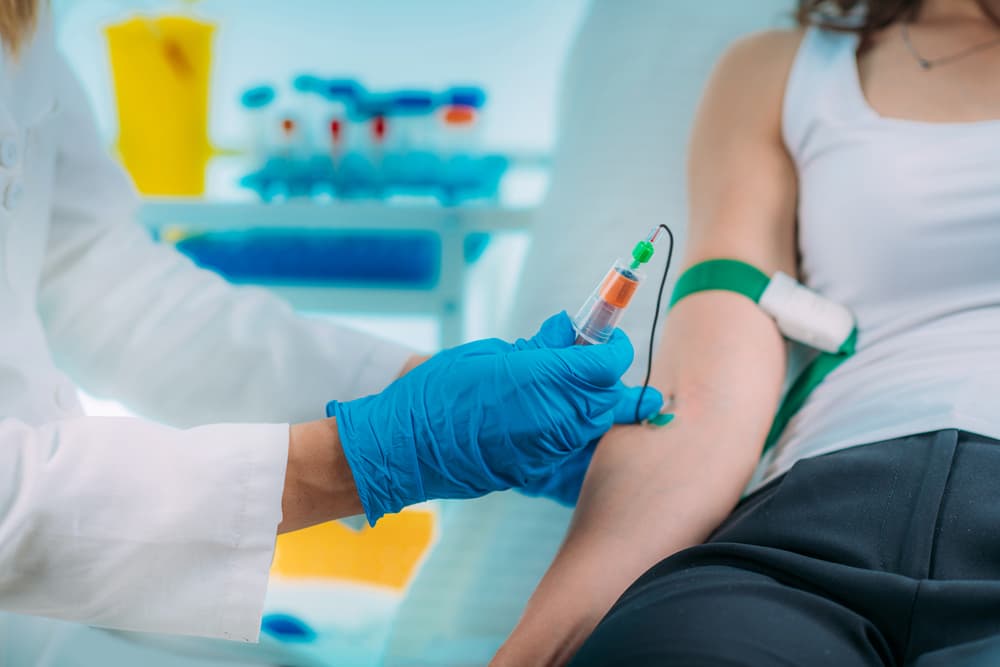
What Is It Important to Stay Hydrated Before Donating Blood?
Hydration makes donating blood easier for both the donor and the phlebotomist. If that were not enough incentive, drinking enough water is also essential to your overall mental and physical well-being. While fruits, vegetables, and other beverages can contribute to your hydration, water is usually the best choice. Avoid beverages like soda or other drinks that contain caffeine, as these can be less hydrating and offer little to no nutritional benefit.What Is It Important to Stay Hydrated Before Donating Blood?
Hydration makes donating blood easier for both the donor and the phlebotomist. If that were not enough incentive, drinking enough water is also essential to your overall mental and physical well-being. While fruits, vegetables, and other beverages can contribute to your hydration, water is usually the best choice. Avoid beverages like soda or other drinks that contain caffeine, as these can be less hydrating and offer little to no nutritional benefitPreventing Dehydration
Your veins become plumper and easier for your phlebotomist to find and access when you are well-hydrated. Phlebotomists are trained in finding veins even when they are not in this state, but drinking plenty of water ahead of time can reduce the time and discomfort involved in giving a blood donation.Lowering Blood Pressure
Your blood becomes thicker when you are dehydrated, and your blood pressure decreases. While lower blood pressure is often healthier, this is not the case for donating blood. Thicker blood is more difficult to draw, and low blood pressure can increase the risk of fainting during your donation. This complication can make recovery more challenging and limit your ability to donate in the future.How Much Water Should I Drink Before Donating Blood?
Determining how much water you should drink daily can be challenging. A good place to start is drinking half the amount of water in ounces as your body weight in pounds. For example, if you weigh 150 pounds, you should drink at least 75 ounces of water each day. Additional factors, like participating in intense exercise, spending time outdoors in hot weather, and living at a high altitude, can increase your dehydration.Make sure to drink the recommended amount of water in the days leading up to your blood donation. Shortly beforehand, have a 16-ounce glass of water to ensure that your donation process goes smoothly.
After Donating Blood
There are many things you can do to ensure a quick recovery from donating blood:- If you feel dizzy after donating, lay or sit down and put your head between your knees. Wait until you feel better before getting up again. If you experience this while still at the donation center, let your technician know right away.
- In the first few hours after you donate, make sure to eat a light meal and drink more water than the normal recommended amount.
- After a few hours, you can remove your bandage, but make sure to keep the venipuncture site clean and dry to promote healing. If you experience bleeding when you remove the bandage, raise your arm, and put light pressure on your inner bicep.
- You should avoid drinking alcohol or smoking for around 24 hours after your donation. If you still feel unwell a few days to a week later, check in with your physician to rule out an underlying issue.
Learn More About Medical Assistant Careers
Blood donation is a vital component of effective medical care across the country and staying hydrated as a donor can make the process easier for everyone. If you are interested in medical assistant careers, contact Allen School of Health Sciences to discuss your opportunities. Classes are starting soon!Image Source: Microgen / Shutterstock
